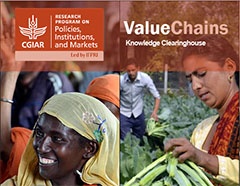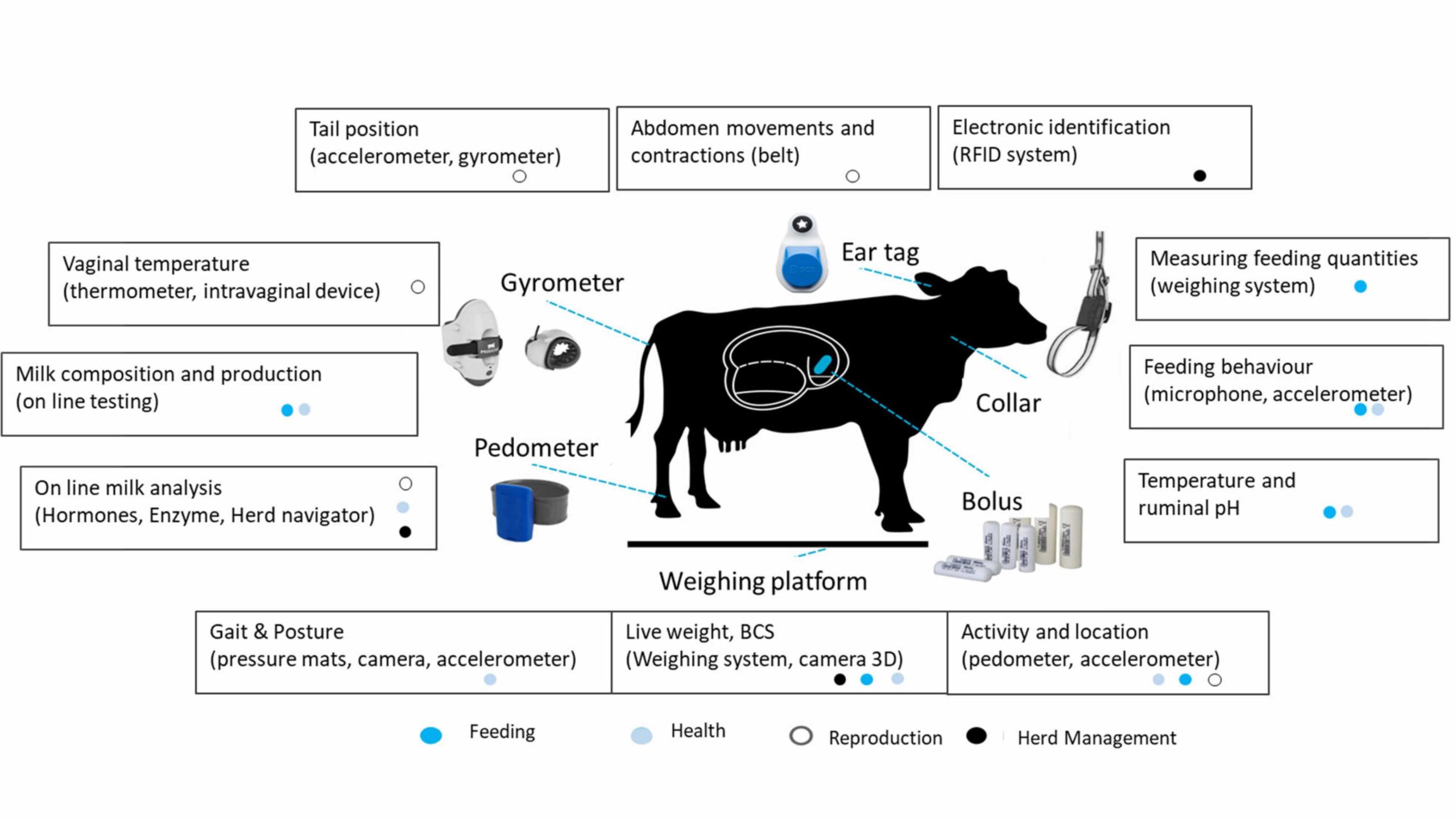Ensuring that small-scale farmers and producers enjoy a bigger piece of the financial pie is the aim of a new web resource on agricultural development.
The Value Chains Knowledge Clearinghouse, led by the CGIAR Research Program on Policies, Institutions, and Markets, is based on the concept of Value Chains Development (VCD). The approach seeks to build new or strengthen existing commercial ties between two or more actors, such as businesses and consumers. Several NGOs, donors, and governments have adopted VCD as a key element of their rural poverty reduction strategies.
The growing interest in VCD has led to a proliferation of tools for value chain analysis, the results of which inform the design of VCD initiatives. However, recent research has pointed to important gaps in the coverage of these tools, such as gender equity and impact assessment. The Clearinghouse provides a comprehensive and accessible repository of research methods and best practices surrounding value chain performance that can be used by all CGIAR research programs and partners.
At the same time, the Clearinghouse addresses the interests of users beyond the CGIAR family. Generalists, farmers, private actors, development practitioners, and researchers will find tools and good practices selected for them, instructions on application of the tools, a calendar of events, and a network for communications.
A key theme of the portal is linking small producers to markets. Millions of people participate in agricultural value chains as producers, small-scale traders, processors, retailers, and consumers. Yet these actors often receive a disproportionately small share of the final cost of many of the products that are sold to consumers. Improving the performance of value chains therefore stands to benefit large numbers of people.
The Clearinghouse also will help practitioners and specialists:
- Identify key constraints and opportunities in value chains;
- Evaluate opportunities for upgrading value chains;
- Optimize and prioritize investment in institutional arrangements and value chain infrastructure;
- Improve equity and reduce poverty in developing countries through improved market access, technical innovation, information, and improved efficiency to reduce marketing margins and increase farm gate prices;
- Expand labor opportunities for women and the landless and boost the incomes of rural households;
- Promote risk-coping mechanisms for farmers; and
- Increase the quality of farmers’ products, thereby improving food security.







